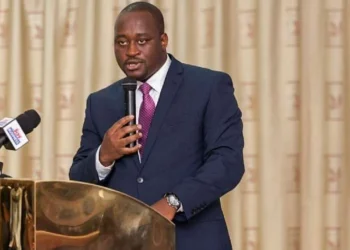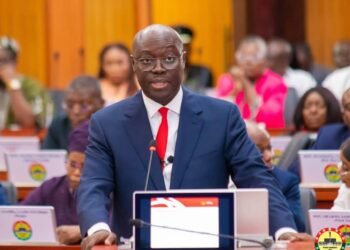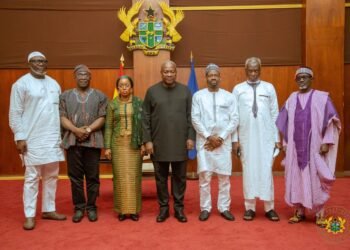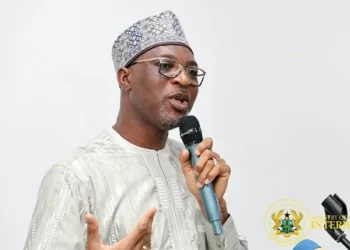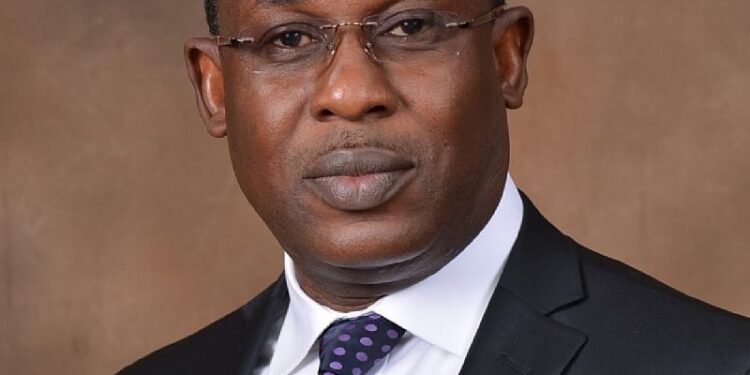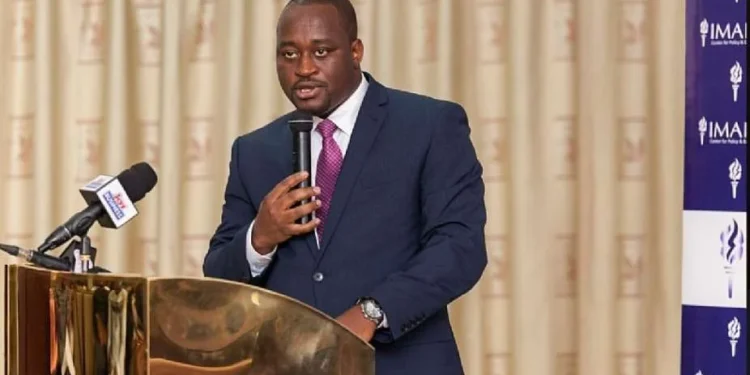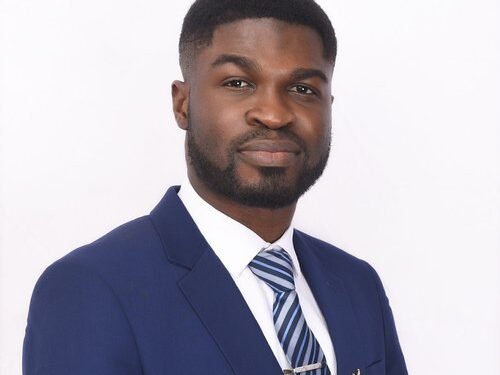In an unprecedented move, the Judicial Service of Ghana and the Office of the Special Prosecutor (OSP) have declared a collaborative commitment to combat corruption and corruption-related activities.
However, this groundbreaking alliance has sparked concerns, with legal experts questioning the implications of the judiciary entering into a partnership with the prosecution.
Justice Abdulai, a private legal practitioner and law lecturer at the University of Professional Studies, Accra (UPSA) law school, voiced his reservations on the matter. He expressed the view that the judiciary’s role as a gatekeeper, responsible for ensuring due processes are followed, could be compromised by aligning with the prosecution.
“This is rather a difficult situation that is arising. Considering that these are two state institutions, one is set up to ensure that law and order and due processes are duly followed, and the other to ensure that people who are suspected of engaging in corruption are prosecuted, this makes one an accuser or a prosecutor and the other a gatekeeper for all the right reasons.”
Justice Abdulai
Justice Abdulai remarked. He went on to emphasize the potential conflict of interest in such a partnership, causing concern among those observing the unfolding situation.
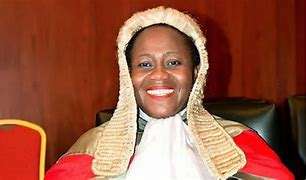
The joint statement issued by the Judicial Service and the OSP on December 27 emphasized their commitment to suppressing and repressing corruption through collaborative enforcement of the law. The statement also highlighted the importance of continuous engagement, upholding the rule of law, and providing fair hearings to all stakeholders in the criminal justice system.
“Affirm a joint commitment to suppress and repress corruption and corruption-related activities in all forms through collaborative enforcement of the law and continuous engagement, while upholding the rule of law and the provision of fair hearing to all stakeholders in the criminal justice system.”
Judicial Service and the OSP
The decision to form this alliance followed consultations with various stakeholders, including the Ghana Bar Association, civil society organizations promoting governance issues, and the National Media Commission.
The catalyst for this unprecedented collaboration may be attributed to the concerns raised by the Special Prosecutor, Kissi Agyebeng, who expressed dissatisfaction with how judges handled cases presented by his office. Agyebeng cited an instance where a judge had injuncted the OSP from arresting a person declared a fugitive from justice. The Special Prosecutor emphasized that such judicial decisions hindered the prosecution’s efforts and raised doubts about the judiciary’s commitment to combatting corruption effectively.
The concerns raised by the Special Prosecutor appear to have prompted the meeting between the Judicial Service and the OSP, leading to the joint commitment to tackle corruption head-on. The move is seen as a proactive response to address the challenges and threats posed by corruption and corruption-related activities to the nation’s development and democracy.
While the intentions behind this collaboration are noble, it remains to be seen how the judiciary and the prosecution will navigate potential conflicts of interest and maintain the delicate balance between ensuring due processes and prosecuting those suspected of corruption.
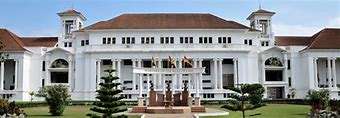
The concerns raised by Justice Abdulai reflect the need for transparency, accountability, and a clear delineation of roles to safeguard the integrity of both institutions involved in this groundbreaking anti-corruption initiative.
The judiciary serves as society’s gatekeeper, ensuring the fair application of laws and safeguarding justice. In its role, the judiciary meticulously scrutinizes legal proceedings, guaranteeing due process, protecting individual rights, and upholding the rule of law. As the guardian of justice, the judiciary acts as a barrier against arbitrary power, promoting accountability and maintaining the delicate balance between the accuser and the accused. This gatekeeping function is paramount in fostering trust in the legal system, underscoring the judiciary’s pivotal role in preserving the principles of equity and fairness in the pursuit of a just society.
READ ALSO: Ghana’s Exchange Rate Stability: A Deeper Look At Economic Rebound






